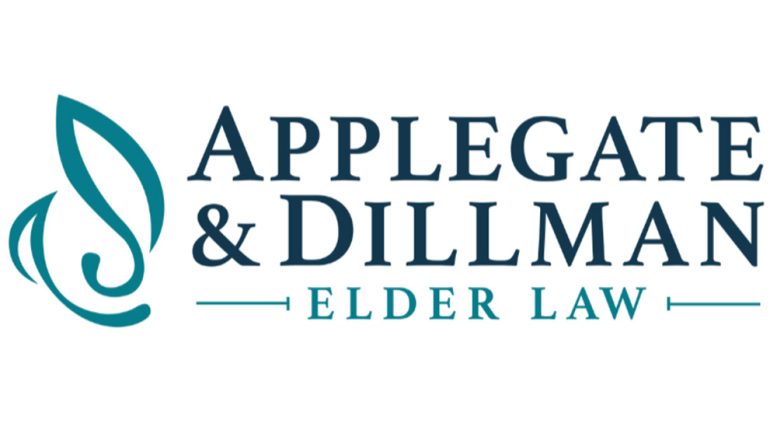Submitted by Applegate & Dillman Elder Law
There have been some significant changes with Medicaid and the Family & Social Services Administration (FSSA) that may affect you and your loved ones.
First is a rule change within the FSSA for future Medicaid applicants who are married with retirement accounts. The second rule change is regarding the Aged & Disabled Waiver. This has now transitioned to a PathWays Waiver and the implementation of a waitlist.
Retirement Accounts Rule Change 1
FSSA has implemented a new rule that will affect applicants and their spouses. Effective July 26, 2024, a non-applicant spouse’s Retirement Account will now count towards the countable assets for Medicaid eligibility.
Previously, the non-applicant spouse’s individual retirement accounts were exempt from the budget. With this new rule change, all retirement accounts owned by a couple are now counted in the budget for Medicaid.
Applicants must do something with these accounts to meet the asset limits for Medicaid as previously spouses’ retirement accounts did not count towards the limit. The spouse may have to cash in their retirement accounts or convert to a Single Premium Immediate Annuity (SPIA). Liquidating the retirement account could potentially create a tax event; however, there are other options that may be available. For example, an SPIA may convert the retirement account from an asset to income and no longer considered an asset, but income to the non-applicant. This may be a useful tool as a non-applicant spouse can have unlimited income while the applicant spouse can receive Medicaid Waiver or Nursing Facility Medicaid.
It is also important to note with the new rule change, if Medicaid coverage is lost due to the applicant’s fault and Medicaid must be reapplied for, the non-applicant spouse’s retirement accounts will now count in the asset limit.
While both spouse’s retirement accounts are both countable resources, there are several options available that may help protecting assets. Our Medicaid planning team has extensive knowledge and experience in completing accurate Medicaid applications. At Applegate & Dillman Elder Law, we will work with you to assemble the documentation needed to receive the services you need.
Example:
- Prior to the Retirement Rule Change: non-applicant spouse owns an Individual Retirement Account (IRA) with a cash value of $300,000. Prior to the rule change, this IRA is an exempt asset – the $300,000 IRA does not count towards Medicaid’s Asset limit. If the couple has $20,000 in a checking account, the non-applicant spouse owns a $300,000 IRA, and the non-applicant spouse owns a $10,000 life insurance policy, prior to the rule change, the total countable assets for the couple is only $30,000.
- Current Retirement Rule: The non-applicant spouse’s $300,000 IRA now counts towards the asset limit. The total countable assets under the new rule for the couple is now $330,000.
PathWays Waiver & Waitlist Policy Change 2
Waiver clients may start receiving letters and/or phone calls notifying them they are at the top of the waitlist and to contact their Area-on-Aging. Once you receive a letter or phone call, please contact the Area-on-Aging immediately. Clients are having the most success in reaching their Area-on-Aging by calling. Clients will need to promptly respond as the Area-on-Aging will only reach out four times, with last attempt via certified letter. To ensure Clients receive these communications, it is critical to ensure all contact information, including telephone phone and address, is up to date with the Area-on-Aging.
Once the client has been in contact with the Area-on-Aging, it will conduct an in-home assessment to ensure they meet the medical necessity. If Area-on-Aging asks about financial information, it is important to advise them you will be eligible for Medicaid as you are working with Applegate & Dillman Elder Law through that process.
Thereafter, new applicants requesting a Waiver slot are then added to the waitlist. Being added to the waitlist indicates that the Applicant appears to meet the need for in-home services; however, it does not guarantee a Waiver slot. Access to these services will not be provided until the applicant is invited off the waitlist.
At Applegate & Dillman Elder Law, we have helped many families qualify for Medicaid. With our holistic approach that combines healthcare and legal perspectives, we can help you develop a plan for long-term care that protects your family and preserves your wealth.
Applegate & Dillman Elder Law has locations in Carmel, Zionsville, and Indianapolis. Click here to schedule a time to meet with the firm’s Medicaid team.

